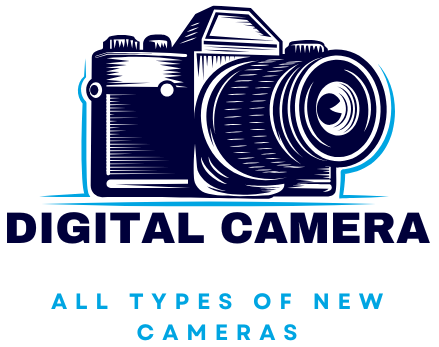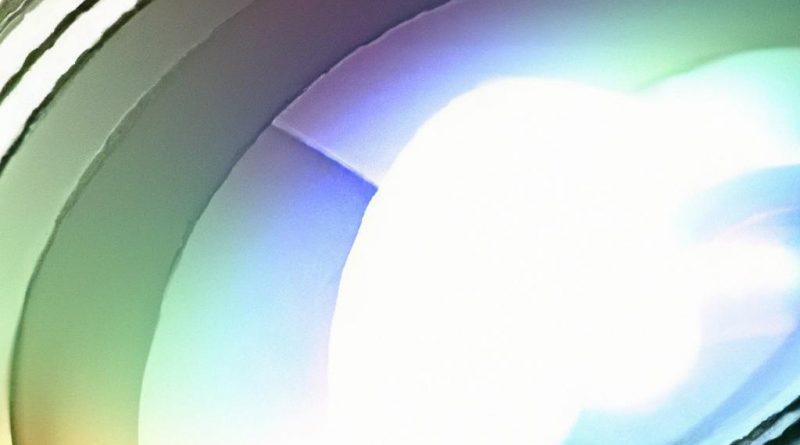How does sensor size affect image quality in photography cameras
| We have chosen the BEST photography digital camera with bargain price Now just for you ! Click HERE to check our different photography digital camera for your need. Team chose the BEST Digital Camera |
How Does Sensor Size Affect Image Quality in Photography Cameras
In the world of photography,the quest for high-quality images is frequently enough a top priority for both amateurs and professionals.One of the most meaningful factors influencing image quality is the camera’s sensor size.In this article, we will explore how sensor size affects image quality, delve into the benefits of different sensor sizes, and provide practical tips for choosing the right camera for your needs.
Understanding sensor Size
the sensor is a crucial component of digital cameras, capturing light to create images. Sensor sizes vary across camera models and types, leading to significant differences in image quality. The most common sensor sizes include:
- Full-frame sensors (35mm)
- APS-C sensors
- Micro Four Thirds sensors
- 1-inch sensors
- Small sensors found in compact cameras
How Sensor Size Affects Image Quality
Several factors contribute to how sensor size impacts the quality of your photographs:
1. Light Gathering Ability
One of the most critical aspects of image quality is light sensitivity. A larger sensor can capture more light due to its increased surface area, which enhances low-light performance and overall image quality. Here’s how it breaks down:
| Sensor Size | Low-Light Performance | Depth of Field Control |
|---|---|---|
| Full-Frame | Excellent | Shallow depth of field |
| APS-C | Good | Moderate depth of field |
| Micro Four Thirds | average | Greater depth of field |
| 1-Inch | Below Average | Greater depth of field |
2. Dynamic Range
Dynamic range refers to a sensor’s ability to capture detail in the darkest and brightest areas of an image. Larger sensors generally possess a wider dynamic range, allowing photographers to preserve details in highlights and shadows, particularly in high-contrast scenes.
3. Noise Levels
Smaller sensors frequently enough produce more noise at higher ISO settings compared to larger sensors. As the size increases, the individual pixels on the sensor can be larger, which helps to capture more light and reduce noise in images, especially in low-light conditions.
4. Resolution
Even though the pixel count frequently enough comes to mind when discussing resolution, the physical size of the sensor also plays a role. A larger sensor with a higher pixel count will generally produce sharper images with better detail. Comparatively, while a small sensor may have a high pixel count, each pixel will be smaller and less effective at capturing light.
Benefits of Different Sensor Sizes
Choosing the right sensor size can substantially enhance your photography experience. Here are some benefits of various sensor sizes:
Full-Frame Sensors
- Superior low-light performance.
- Wider dynamic range.
- Shallower depth of field for artistic effects.
- Ideal for professional photographers and high-resolution demands.
APS-C Sensors
- Good balance between quality and cost.
- Versatile for general photography needs.
- Compact and lighter compared to full-frame cameras.
- great choice for enthusiasts and semi-professionals.
Micro Four Thirds Sensors
- More portable camera options.
- Greater depth of field, making them useful for landscape and macro photography.
- Ideal for travelers and casual photographers.
Small Sensors (Compact Cameras)
- Highly portable and user-pleasant.
- Affordable options for beginners.
- Often equipped with wide-angle lenses.
Practical Tips for Choosing a Camera Based on Sensor Size
When selecting a camera,it’s critically important to consider how sensor size aligns with your photography goals. Here are some tips:
- Assess Your Photography Style: Identify the type of photography you will primarily be doing (landscapes,portraits,low-light events,etc.).
- Consider Low-Light Situations: for night photography or low-light environments, opt for larger sensors like full-frame.
- Budget Matters: Larger sensors generally meen more expensive cameras, so balance your needs with your budget.
- Test Before You buy: If possible, test a camera in store to see how it performs in terms of handling, output quality, and controls.
Case Studies: Real-World Experiences
Understanding how sensor size impacts image quality can be invigorated through real-world experiences. Here are two case studies highlighting the difference:
1. professional Landscape Photographer
A professional landscape photographer switched from an APS-C camera to a full-frame model. The result was astonishing: richer colors, striking details in shadows and highlights, and an overall improvement in print quality for large-format images.
2. Hobbyist Wildlife Photographer
A wildlife photographer using a Micro Four Thirds camera reported that while the depth of field was beneficial for capturing greater detail in focus, low-light scenarios during early mornings resulted in higher noise levels. Thay later transitioned to an APS-C model to balance quality with portability, achieving satisfying results.
Conclusion
sensor size plays a pivotal role in determining image quality in photography cameras. It impacts light gathering ability, dynamic range, noise levels, and overall resolution.Depending on your photography style and needs, the size of the sensor can be a deciding factor in your camera choice. Whether you’re a professional photographer seeking the best quality available or a hobbyist searching for something compact, understanding how sensor size affects image quality can lead you to the right camera for your creative endeavors.
As you embark on your photographic journey, keep these insights in mind to elevate your skills and enhance your image quality, capturing the moments that matter with confidence.
| We have chosen the BEST photography digital camera with bargain price Now just for you ! Click HERE to check our different photography digital camera for your need. Team chose the BEST Digital Camera |

